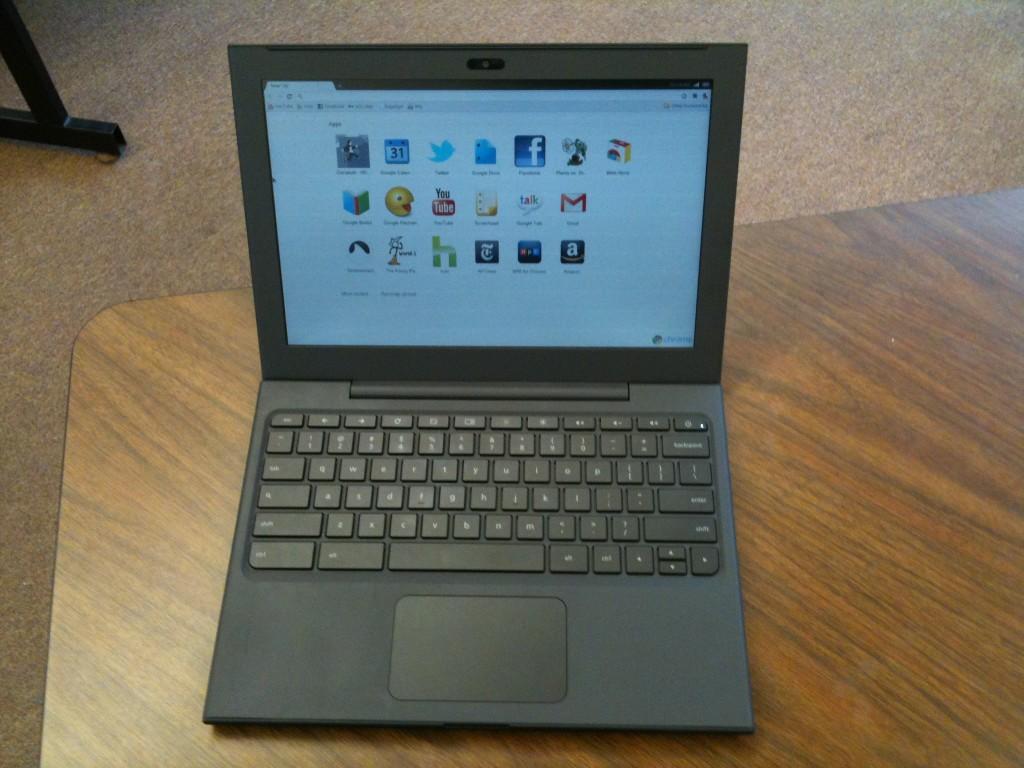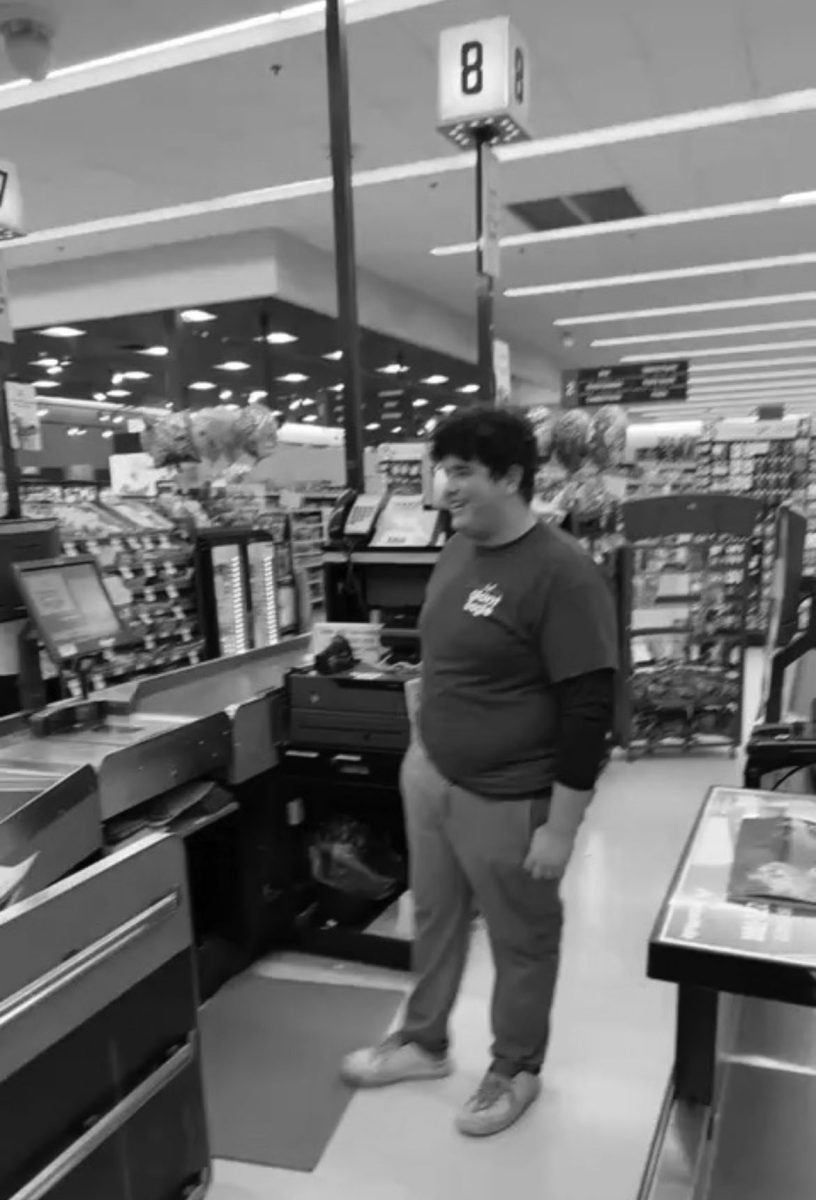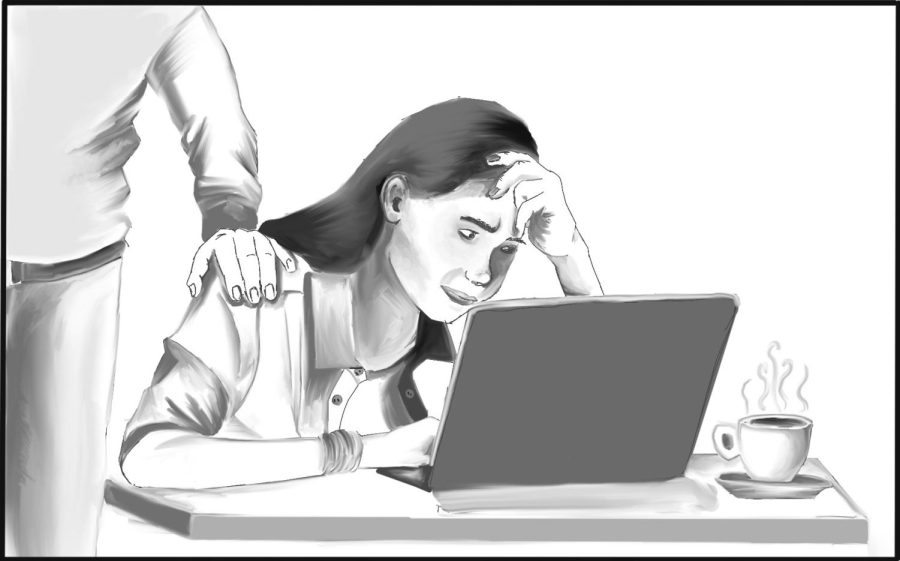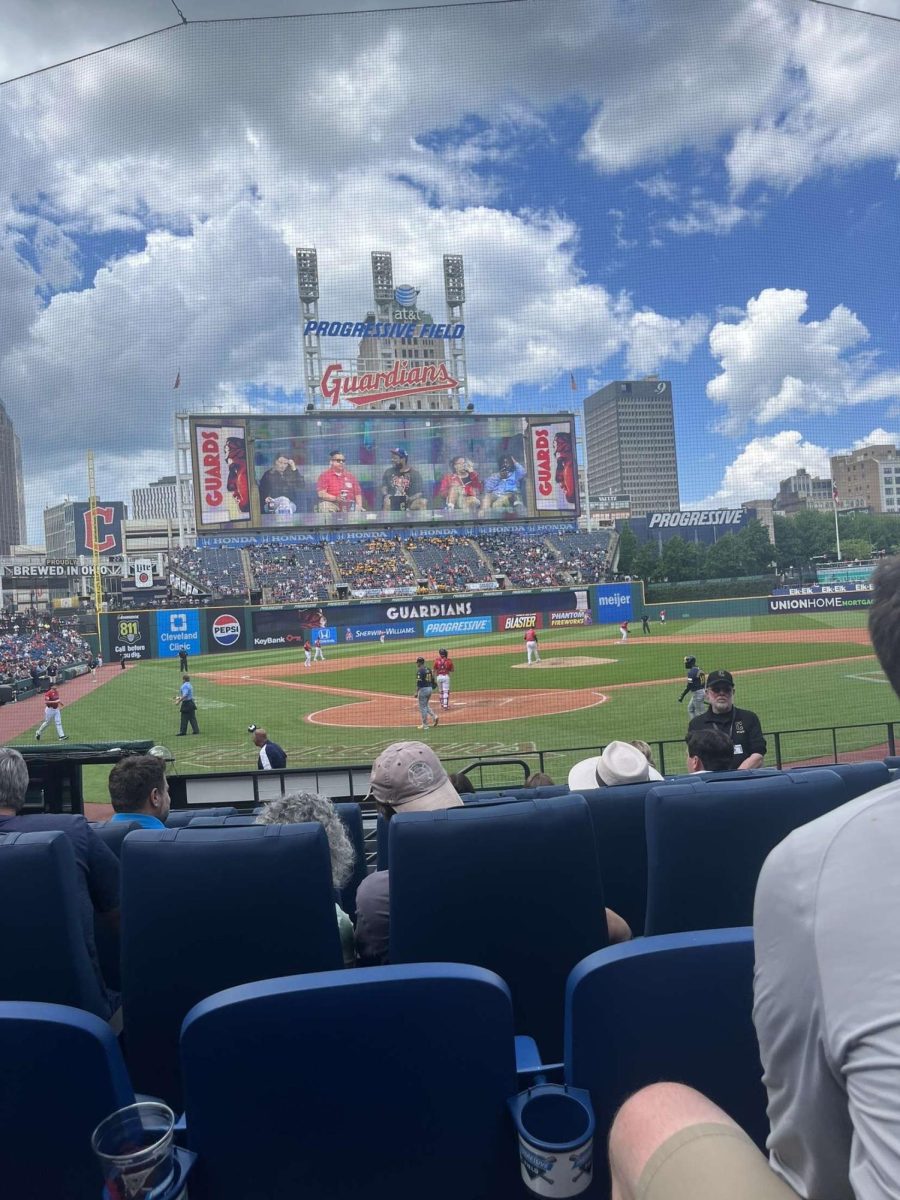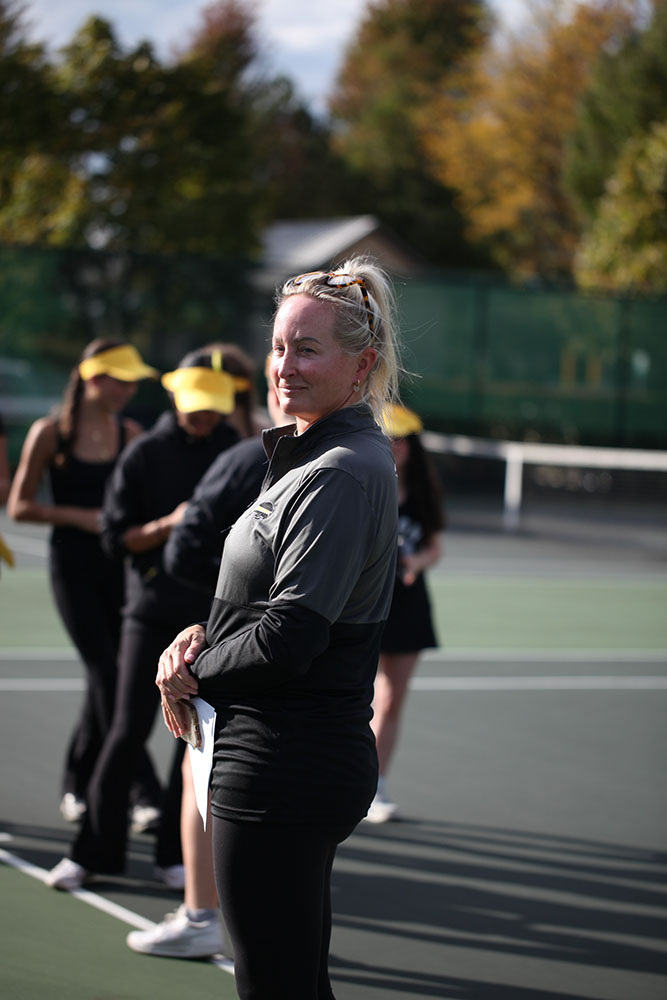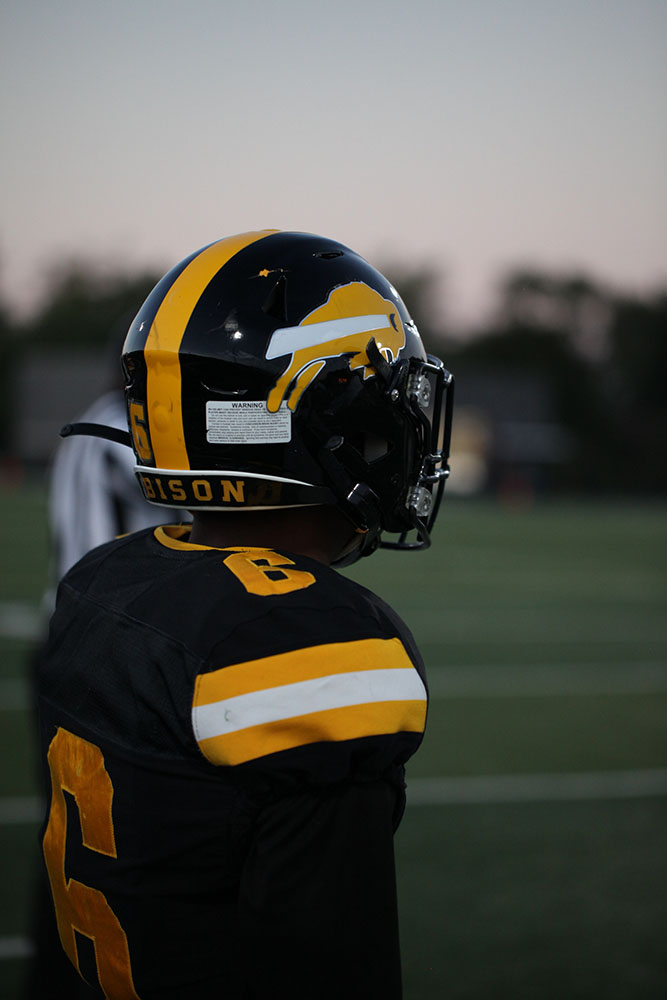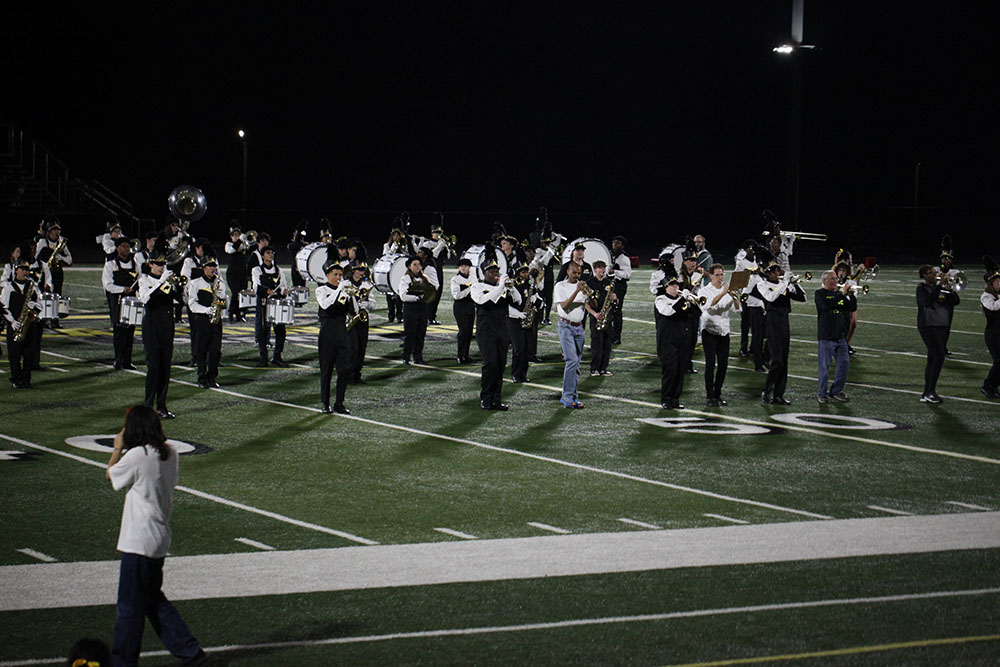The personal lives of teachers have always intrigued students, and the advent of social media has only peaked this interest.
“Students kept wanting to friend me on my personal Facebook account. Then they would ask in class why I wasn’t friending them,” social studies teacher Karissa Piper said. “It became ridiculous. As social media became something that more people had. The expectation was that you could reach people through social media.”
After repeated friend requests on her Facebook account, Piper set up another Facebook account, distinguishing one as a personal account and the other as a professional account.
The official Board Policy on social media revised in July 2011 states that teachers are allowed to access social media sites from school if it is for an “educational purpose,” and the educator has “prior approval of the Principal.” However, using the District wifi to access social media for personal use is “expressly prohibited.”
This Board Policy was emailed to teachers and administrators in January as a reminder.
“I can see why the district would want to continue to monitor [social media use], especially in light of recent situations,” Piper said.
According to an anonymous Beachcomber survey in which 19 BHS teachers responded, only 18% of teachers choose to ‘friend’ or communicate with students on Facebook. 53% of teachers friend graduated students on separate Facebook accounts.
76% of teachers who responded are advisers of academic clubs or sports teams, and 48% of those text students for activity-related reasons.
Piper uses her professional account to update students on class assignments and give feedback.
“I tend to give positive feedback if someone has accomplished something, is really excited about making a team, or something like that,” said Piper. “Otherwise, I tend not to engage in too much back and forth conversation because you have a written record of everything you’re saying. And I don’t know to what extent that may be misinterpreted by someone who’s just seeing part of it.”
“I certainly try not to engage in anything that’s personal beyond a superficial level,” Piper said.
Students have found classwork updates through social media helpful.
“I think it would be convenient for students if more teachers used Facebook or Twitter because students could quickly see what is required in each class,” said junior Chad Tindel.
Assistant Principal Paul Chase agrees that there are appropriate ways to use social media as a way to reach students.
“I think it’s completely appropriate in a professional context, [for example], if you use [social media] to post an assignment and there’s a discussion component,” Chase said. “I think it would also be okay for a coach to have a Twitter site and they have to cancel practice that day, they put it on Twitter and they email out the students, I think that would be appropriate. But that’s about it.”
However, some think otherwise.
In the Beachcomber survey, one educator replied “I only communicate through school email,” and believes the only appropriate reason for contacting students via social media would be “in the event of an emergency during an off-campus event.”
Senior Jori Holloway said, “I think it’s completely inappropriate. Teachers are for school and social media is for socializing with friends. “[Teachers] can just send an email about [school assignments]. It doesn’t have to be through Facebook or Twitter. Students would hopefully remember when they have a test or quiz.”
Even after students graduate high school, Piper does not friend them on her personal account. “They’re still not friends,” Piper said.
On the other hand, some adults do not use social media sites at all. While Chase agreed social media can have a place in the classroom, he has chosen not to have a Facebook account.
“I don’t have a Twitter or Face- book account…on purpose. I personally decided not to do that. I think it’s a risk I don’t want to take,” Chase said.
While social media has its place in society, many agree that genuine relationship bonding happens in person.
“Teacher-student bonding hap- pens face to face. That happens at school, at academy when somebody comes and tells me something exciting that happens in their life and I’m excited for them,” Piper said.
Ultimately, the role of teachers should still be to educate and protect students.
“Rightfully so, there are just different rules by which we are governed,” Piper said. “It’s important to remember that when you’re in high school you’re still a kid…You’re still developing and it’s important above all else that you are protected,” Piper said.



